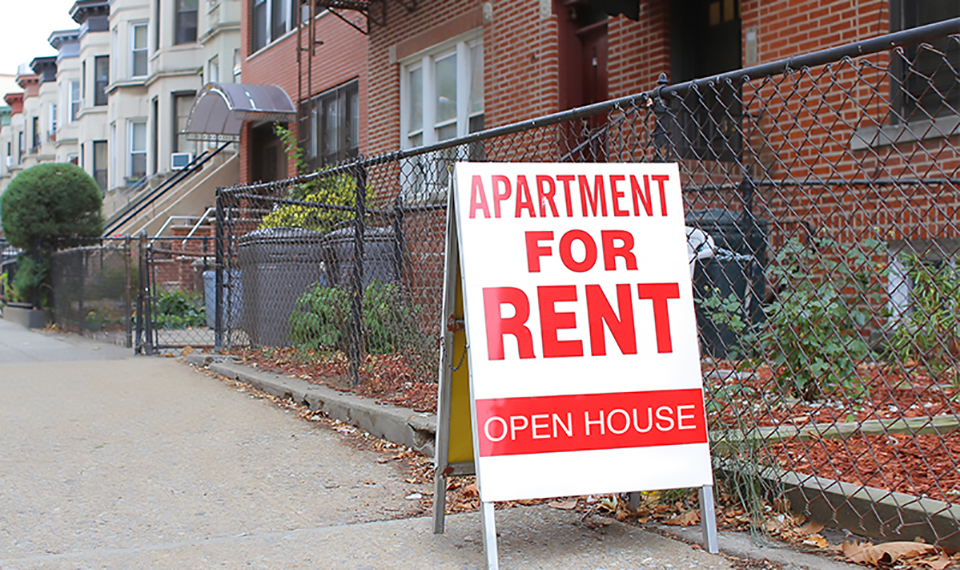
Denver’s Community Planning and Development (CPD) and Department of Housing Stability (HOST) released a draft proposal which aims to create more affordable housing in new construction projects.
The aptly named “Expanding Housing Affordability” proposal would require new residential developments of 10 or more units to offer between 8% and 15% of those units at a discounted rate to renters or buyers who make less than the area median income (AMI). The exact percentage depends on the project’s location, the AMI level they are building for, and other factors.
Developers can also opt to pay a fee in-lieu of affordable units, ranging from $250,000-$478,000 per unit they do not build.
New single family homes or multifamily up to nine units would also have additional fees, called linkage fees, that help fund the city’s Affordable Housing Fund. Those rates would cap out at either $4 or $7 per square foot depending on the size of the home, with more modest homes under 1,600 square feet paying the lower rate. Commercial and industrial projects would also see an increase in linkage fees, which city officials say brings Denver more in line with comparable cities.
In a “typically priced market” like G.E.S., a new rental apartment building could set aside 8% of units for someone earning 60% AMI, or $44,016/year for a single person.
Sabrina Allie, Communications and Engagement Director for HOST, told The G.E.S. Gazette that currently 35% of the city, or 115,000 households, are cost-burdened, meaning they are paying more than 30% of their income for rent or a mortgage. Of that 115,000, 48,000 pay over 50% of their monthly income.
Denver’s AMI is pegged at $73,360 for a one person household or $104,800 for a household of four. In a “typically priced market” like G.E.S., a new rental apartment building could set aside 8% of units for someone earning 60% AMI, or $44,016/year for a single person. In this example, that person’s rent (including utilities) would be capped at approximately $1,100/month, which is 30% of their gross income. The other units could be rented for any amount, commonly called “market rate.”
While new fees on development typically see pushback from developers, and certainly this one has some, it was designed by a stakeholder group that brought developers to the table as well. Susan Powers is known for a number of mixed income communities, including the Aria Development in northwest Denver. She was a member of the committee and is “very supportive” of the proposal. Powers told the Gazette “everyone in the community needs to step up and do their part to address this issue. If we do not have housing that is affordable to our workforce, then we will begin to see the economic impacts on our efforts to continue to recruit businesses to Denver,” adding “this is only part of the solution, but an important one.”
One early critique is whether the policy could have the unintended consequence of driving more development in parts of the city where building costs are still lower (generally lower income communities) because more expensive areas like downtown and Cherry Creek have increased requirements for more affordable housing than other areas. Essentially the concern is that developers would see more profit in those areas than higher income communities. Laura Swartz, Communications Director for CPD, said that concern was considered, and the city’s analysis doesn’t believe it’s valid. The city commissioned a detailed feasibility study, which concludes that the 2% increase in affordable housing requirements in high cost neighborhoods won’t have a material impact on where development occurs, given the numerous other factors that influence development patterns. She noted that building in areas like downtown and Cherry Creek can still be as profitable, if not more so, than other areas because those areas are in high demand.
The public review period ended on March 14, and now enters a phase of review before potential introduction by City Council.
The full proposal can be found online at denvergov.org/affordabilityincentive

Be the first to comment